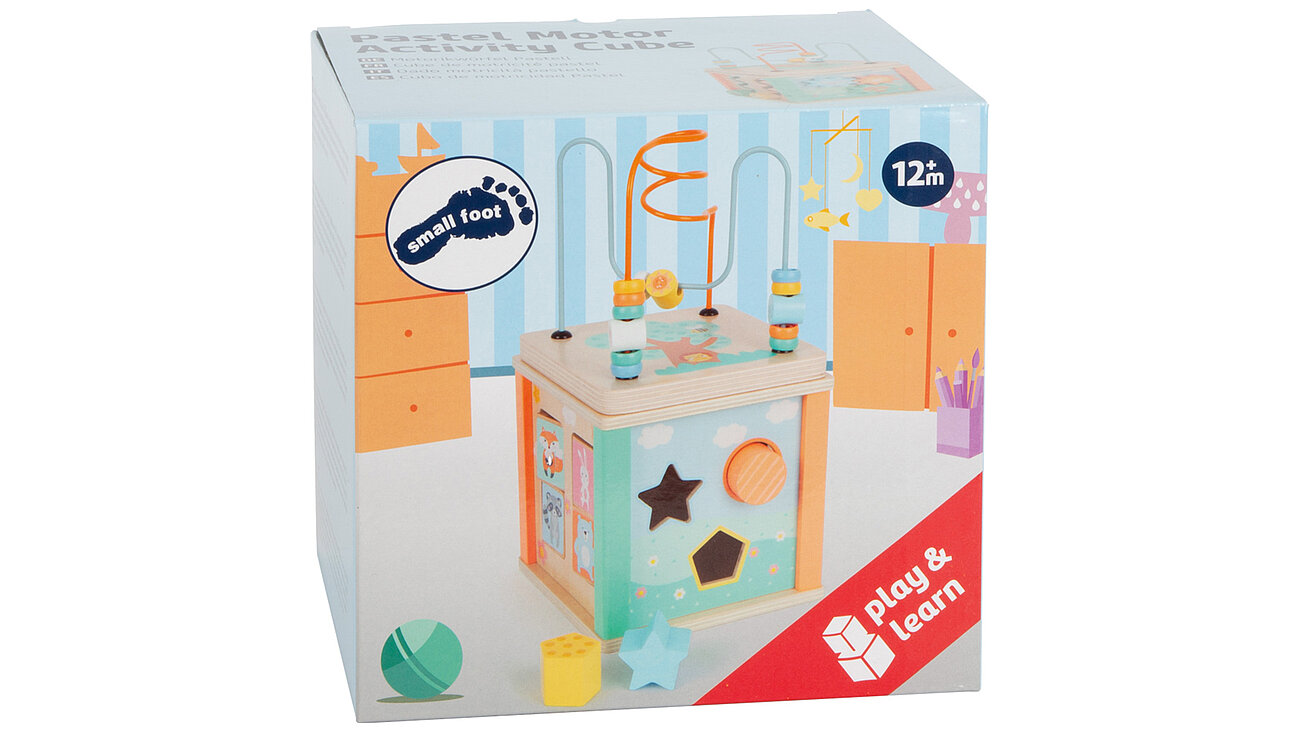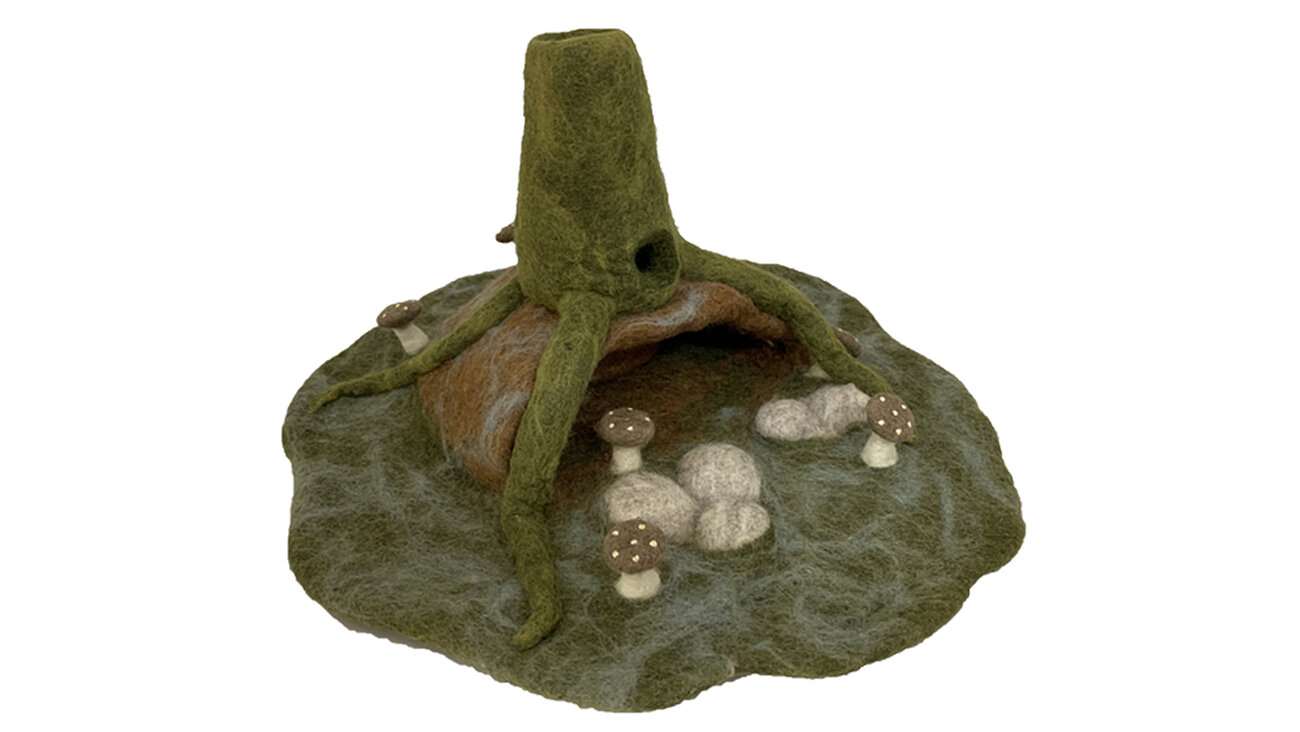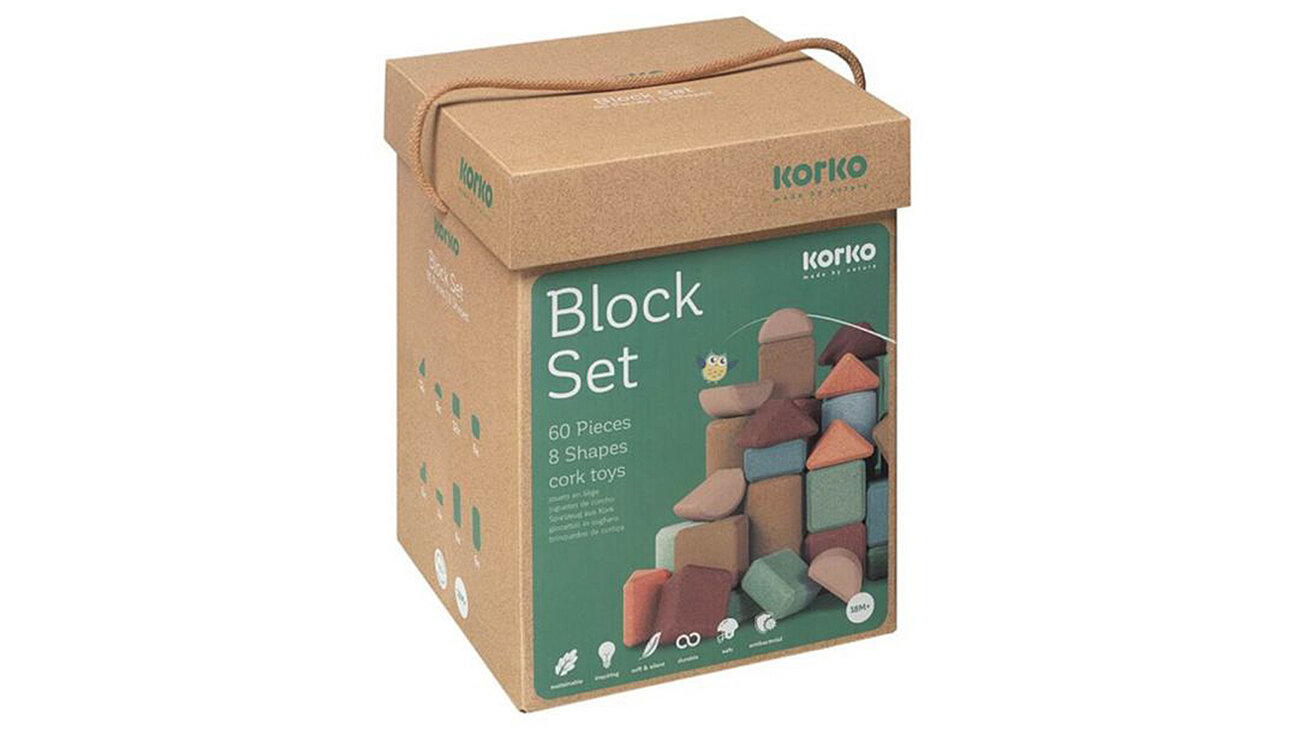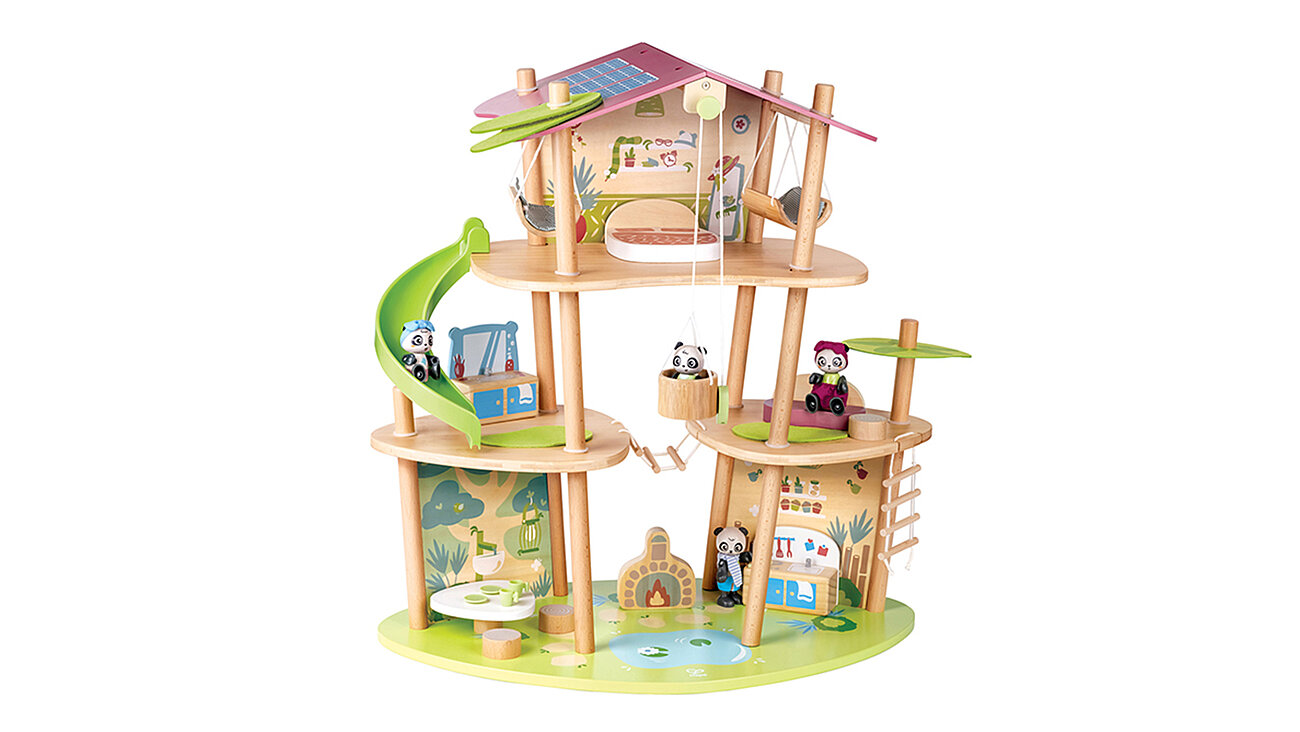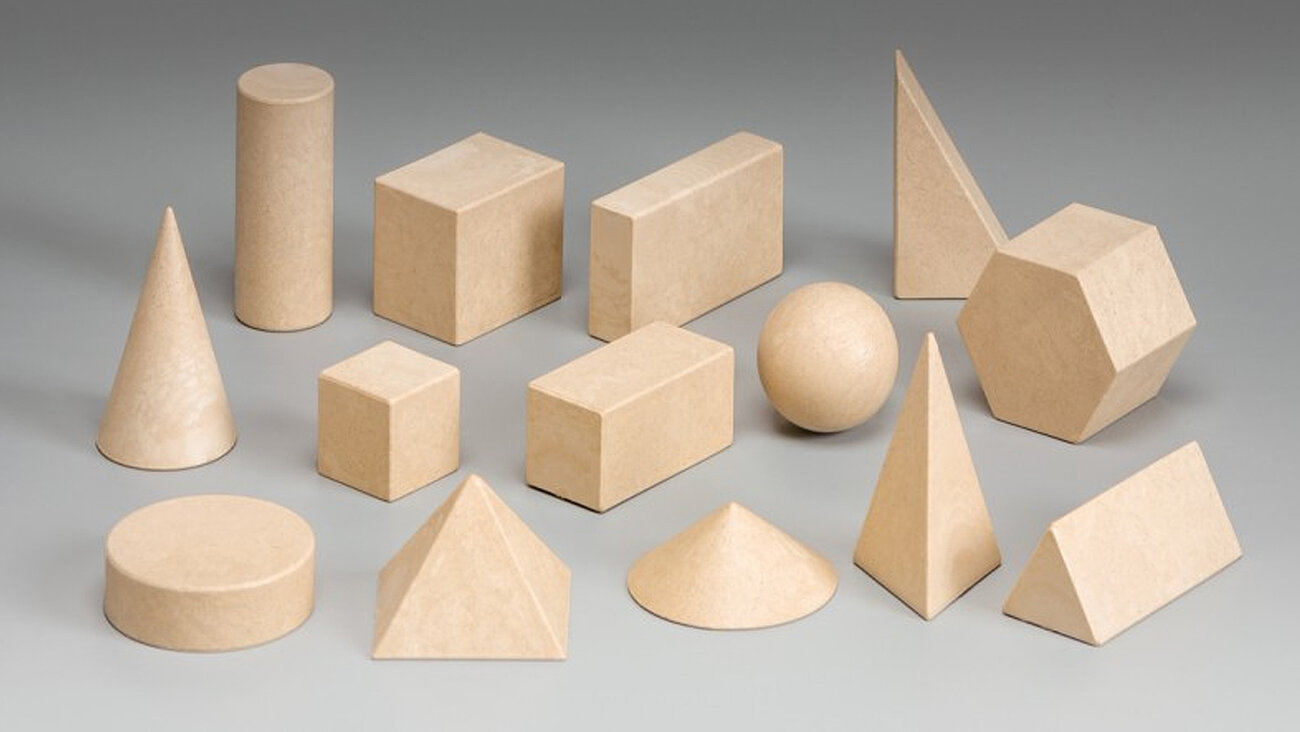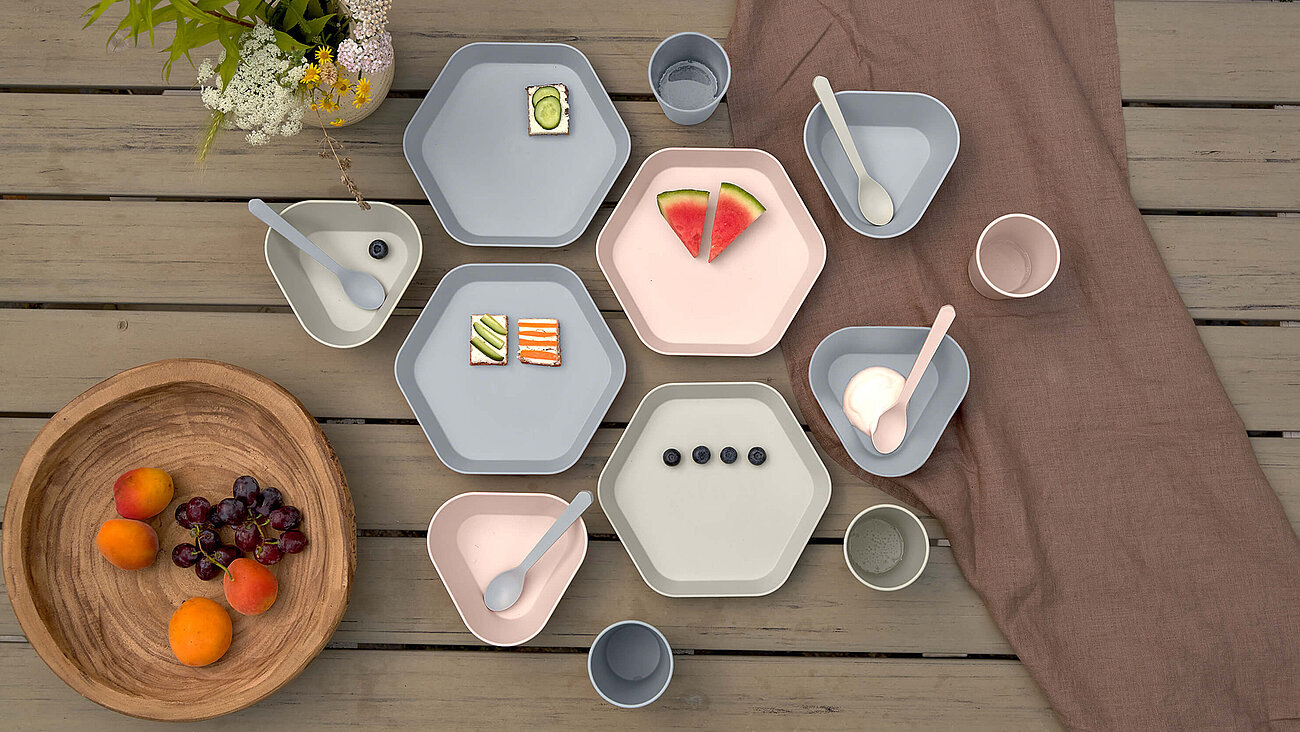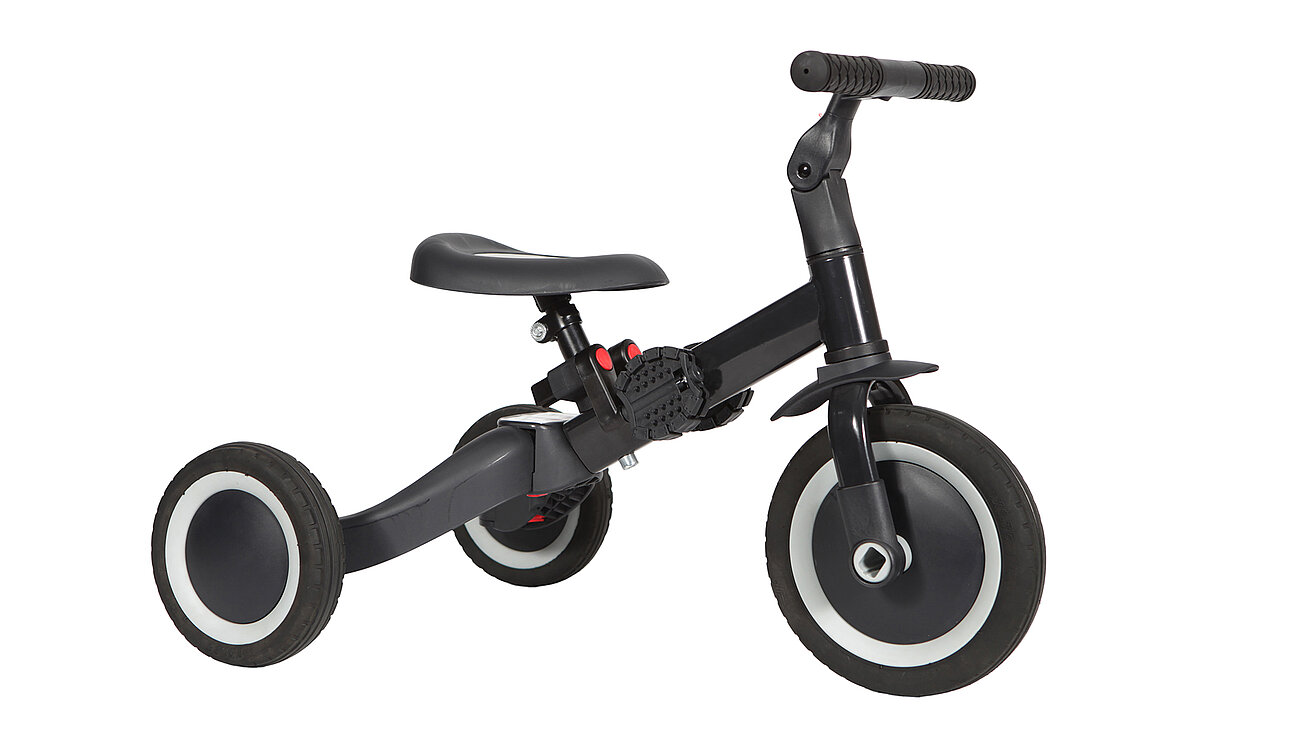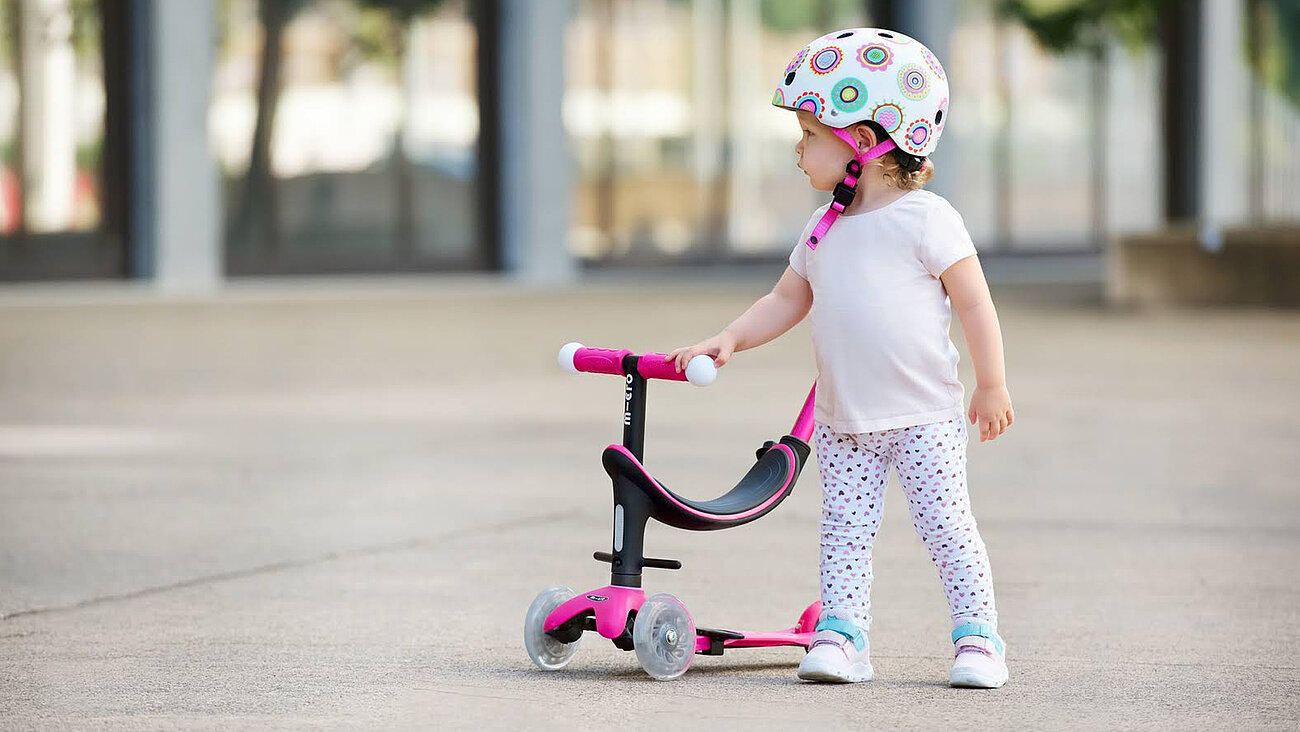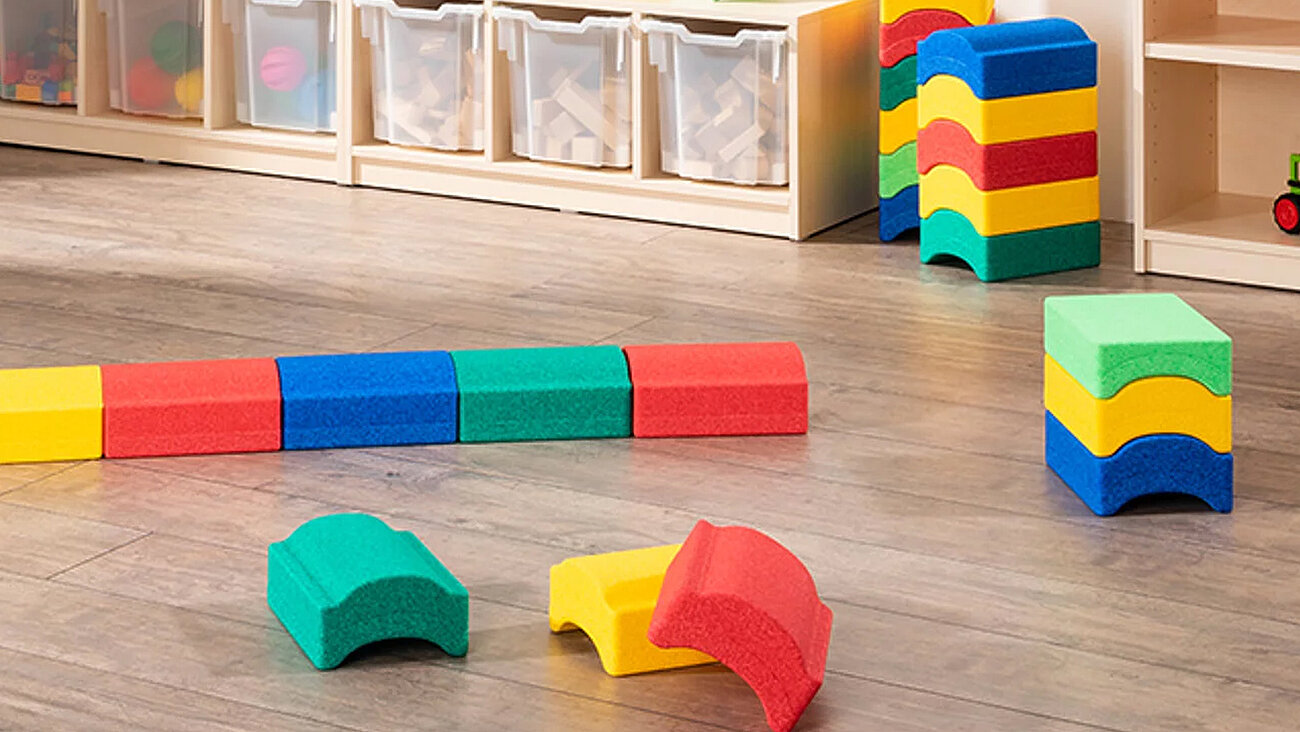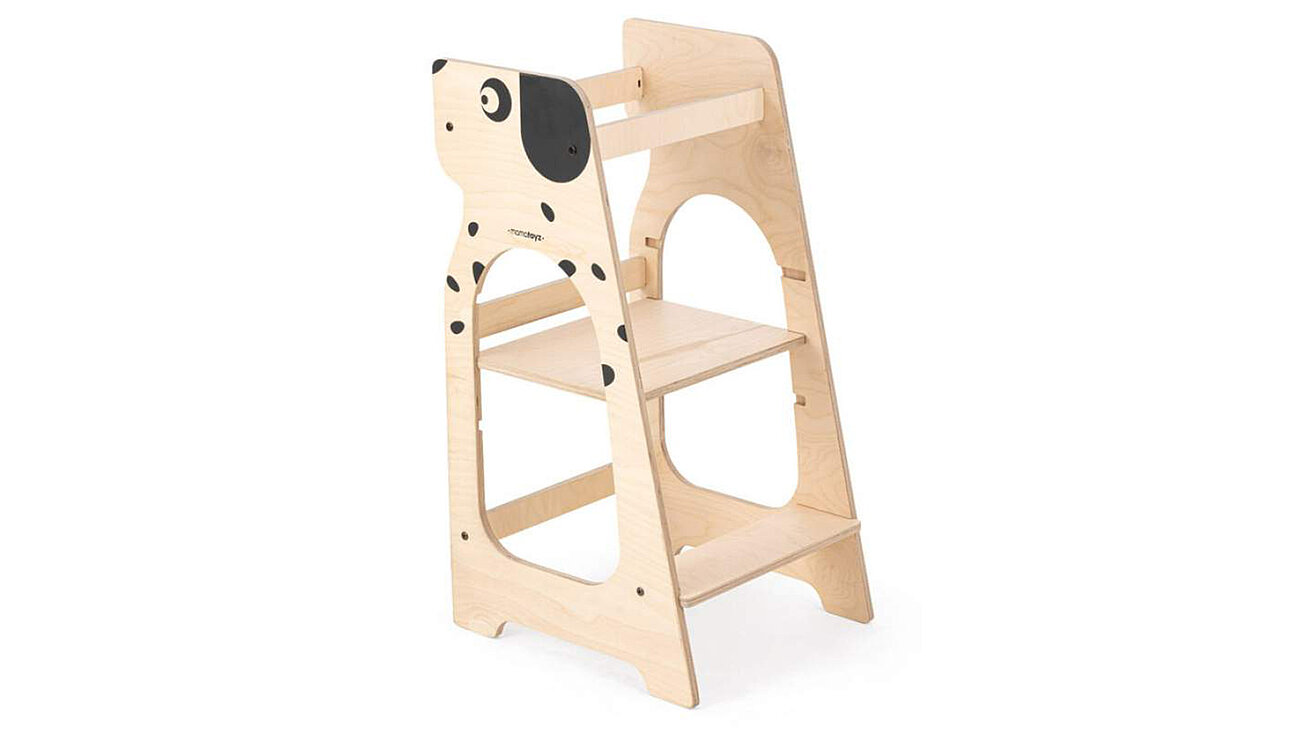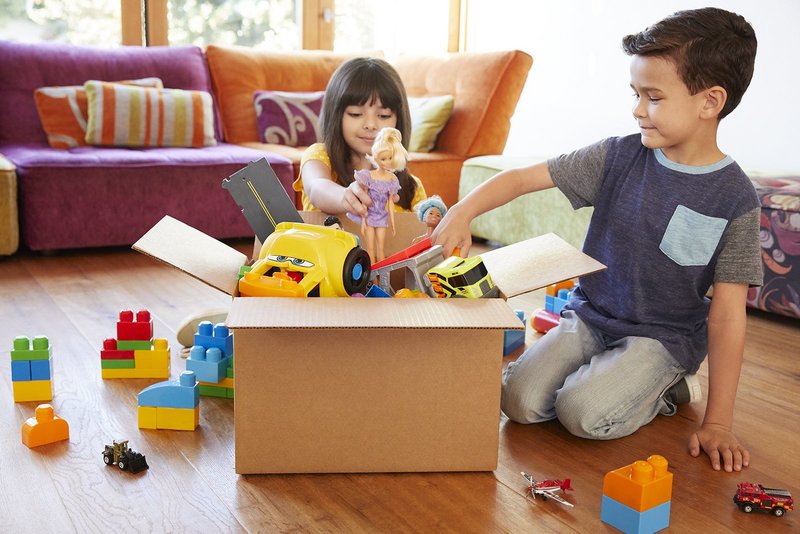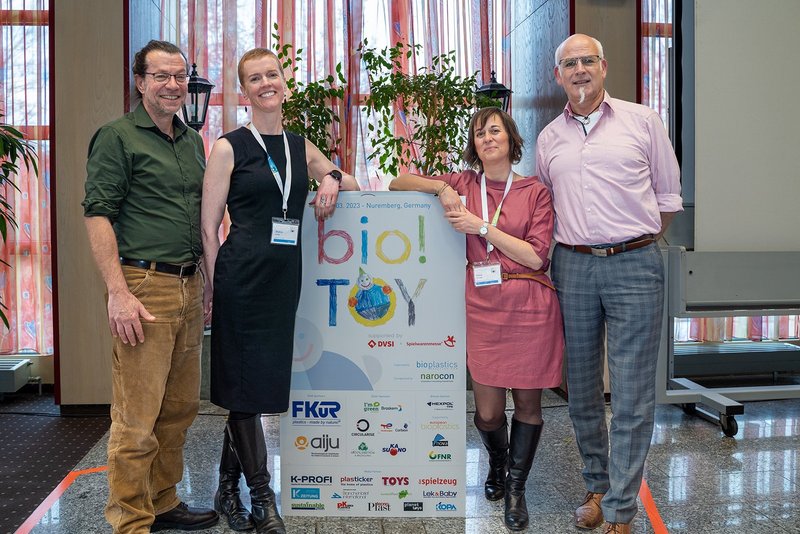
Baby and infant toys more sustainable and multifunctional
By Daniele Caroli
The current trend is for baby and toddler products that increasingly use sustainable materials, are multifunctional and grow with the child, and intelligently promote the little ones' motor skills and early learning. Other trends are also emerging, such as Montessori-inspired children’s room furniture and the employment of wood for outdoor play equipment. Whereas most toys are chosen and requested by kids themselves, when it comes to products for babies it is up to the parents – or adult relatives and friends – to decide what to buy. This is the reason why sustainability and educational content stand out.
Made from natural materials
Natural materials, precious details and a lot of visible wood are the main features of the Seaside line by Small Foot (previously Legler) which has been extended with the launch of the Motor Activity Cube for children aged 12 months and up, offering many different functions.
Besides boasting an original concept, featuring a mysterious cave and a hollow tree stump, the Lost Forest 3D Playmat by the Australian company Papoose Toys is entirely made of wool felt and handcrafted in Nepal following fair trade principles.
Launched at the Spielwarenmesse 2023, the Korko brand originates from a joint venture between the Portuguese cork producer Amorim and the toy company Hape. Because it is characterized by a negative CO2 balance, cork is one of the most sustainable materials. Amorim’s main business is manufacturing cork stoppers; the remaining material is shredded into granules which are subjected to high pressure and high temperature in a mould. The first products to reach the market, building blocks and a bowling set, are very soft, lightweight and slightly elastic. By investing in cork cultivation, Toynamics aims to protect biodiversity and create skilled jobs.
Bio-plastics on the rise
Bio-plastics derived from vegetables like sugarcane or wood waste are becoming common.
Hape also introduced Green Planet Explorers, a line whose playsets are made using only bamboo and green polyethylene from sugar beet, without any unnecessary plastics: they teach children how important it is to protect the planet. Hape has also come out with a new line of infant toys manufactured using Japanese rice, while the Nature Fun playsets employ plant plastic and bamboo.
Wissner Aktiv Lernen's RE-Wood brand employs material produced in a resource-saving way from shredded wood residues, which are a waste product of wood processing in German production facilities, and a recycled binder in a ratio of 80:20. Certified with the PEFC seal, RE-Wood products – toys, games and learning tools – are 100% pollutant-free, stable, light, saliva-proof and highly safe; the material is reusable and completely degradable in its composition or compostable by mushroom and bacteria. This solution has been in development for ten years. Another of Wissner’s lines, RE-Plastic, employs 100% post-consumer recycled plastic which is 100% recyclable again. The company’s manufacturing process is wholly carried out in Germany.
Manufactured in Franconia, Germany, the baby tableware and cutlery by nip are made of bio-based plastic produced from over 90% renewable raw materials (sugarcane). Their packaging is made of paper with more than 90% recycled content.
Similarly, the GEO children’s plates from Lässig which are distinguished by their geometric design and matte powdery colours are made of bioplastic especially developed by the German company using sweet grasses like sugarcane that make up 85% of the total content.
The multifunctional approach – baby toys that grow with the child
The Mini2Grow Deluxe Magic LED from the Swiss company Little Dutchcomes with an adjustable handlebar and seat and wide (42 mm), strong, wear-resistant wheels. It can be used as a tricycle with or without pedals and as a balance bike or a bicycle.
Der Mini2Grow Deluxe Magic LED von Micro Mobility Systems can be used from the age of 12 months in different versions: at the beginning with a seat, two footrest options and a push bar for the parents, later on without the push bar, as a mix between balance bike and scooter and finally as a scooter with LED lights on the handlebar and the wheels.
Another example of multifunctionality is offered by MeinKreativStein, a concept developed by Besonderes4Kids. It is based on two kinds of blocks that can be used indoors and outdoors in highly versatile ways: to build objects, to learn the names of the colours and the numbers, to exercise motor and balancing skills, to sit down and so on. The blocks are manufactured in Germany and made of 100%-recyclable expanded polypropylene.
The Montessori-inspired wooden furniture for the children’s room by the Turkish company Mamatoyz is focused on multifunctionality too. The products are sustainably produced and chemical-free.
About the author
Italian journalist Daniele Caroli has been editor-in-chief and contributor to international trade magazines in the nursery products and toy businesses since 1994. He was President of BCMI (Baby Care Magazines International) and of ITMA (International Toy Magazines Association). Previously, he had worked as a journalist in music and consumer electronics periodicals.


